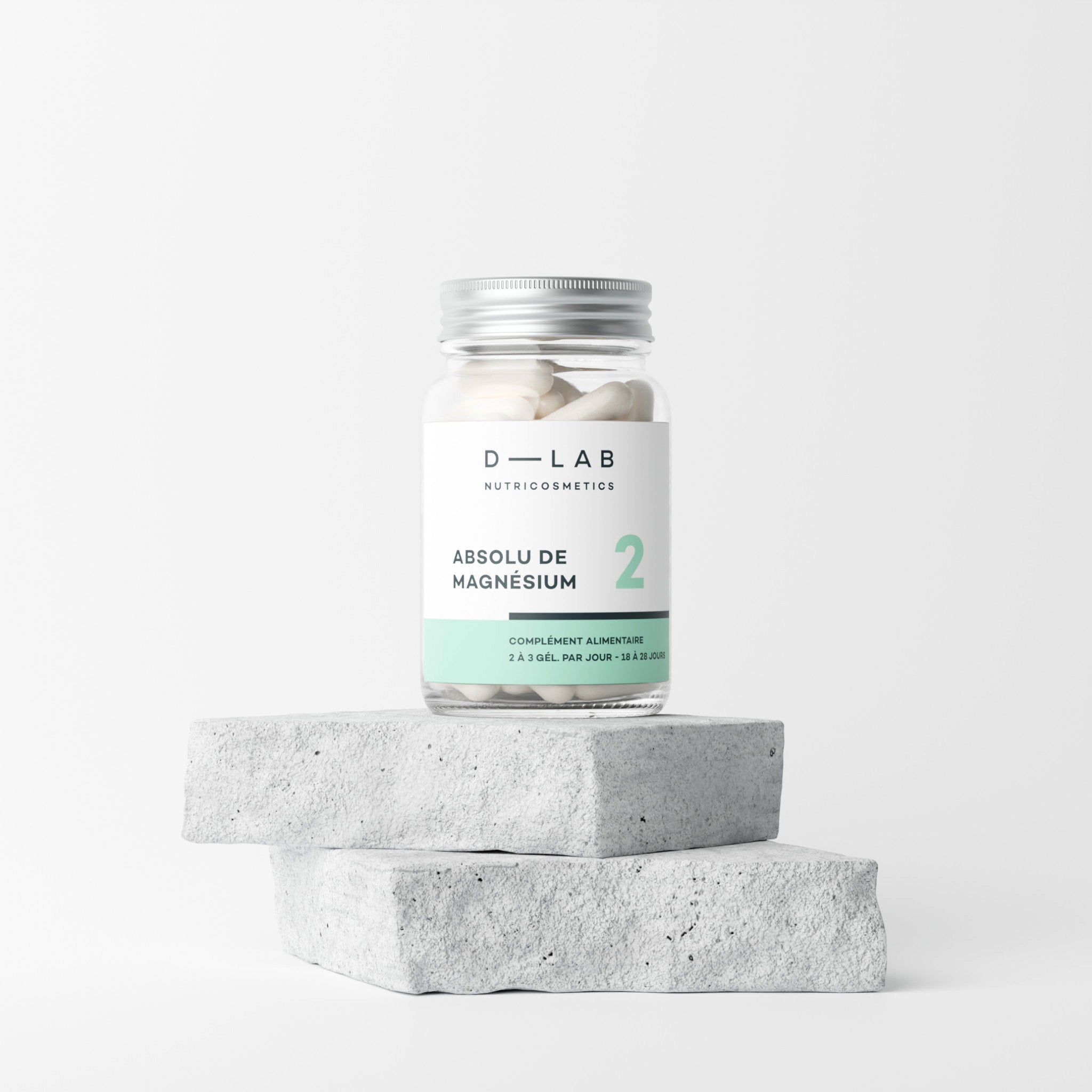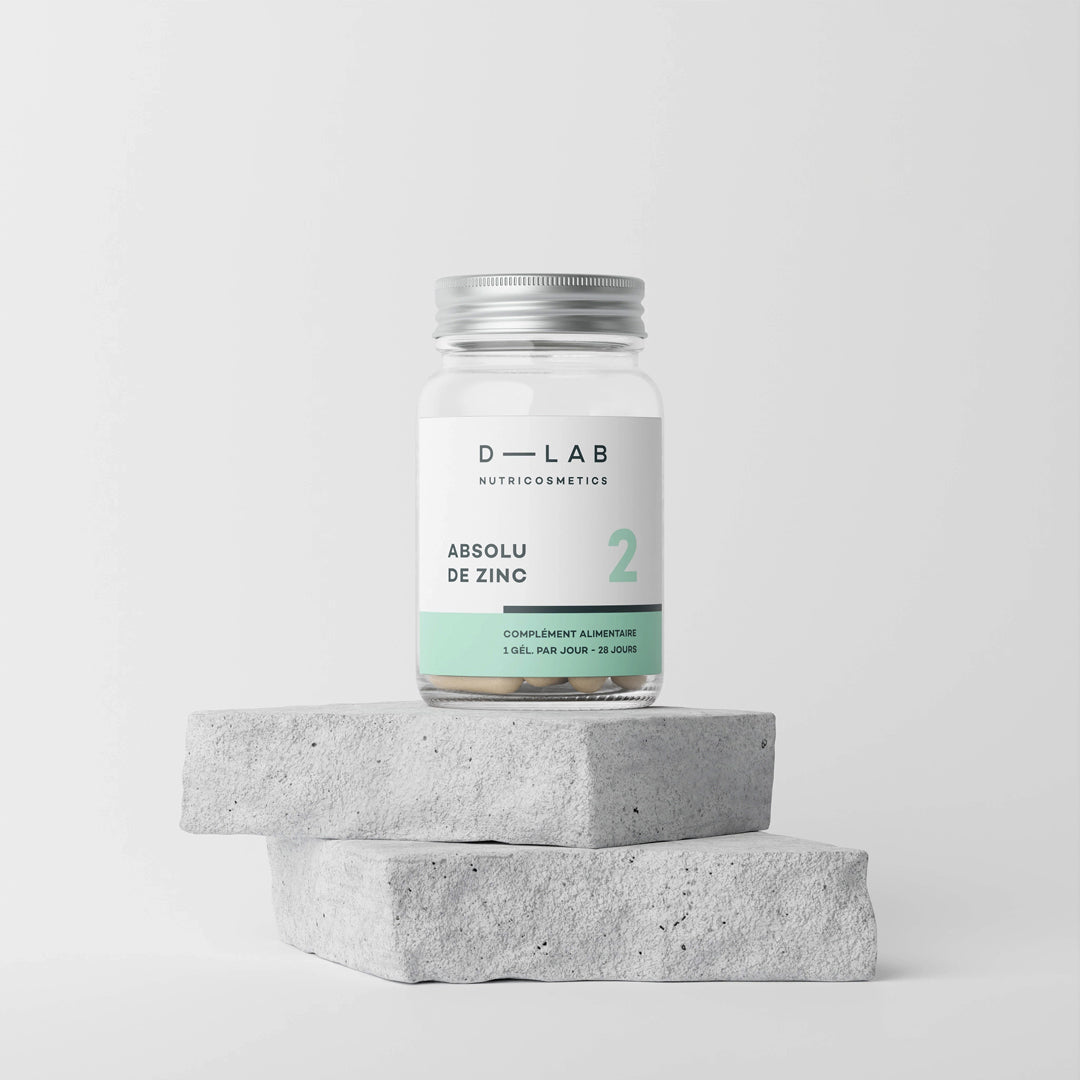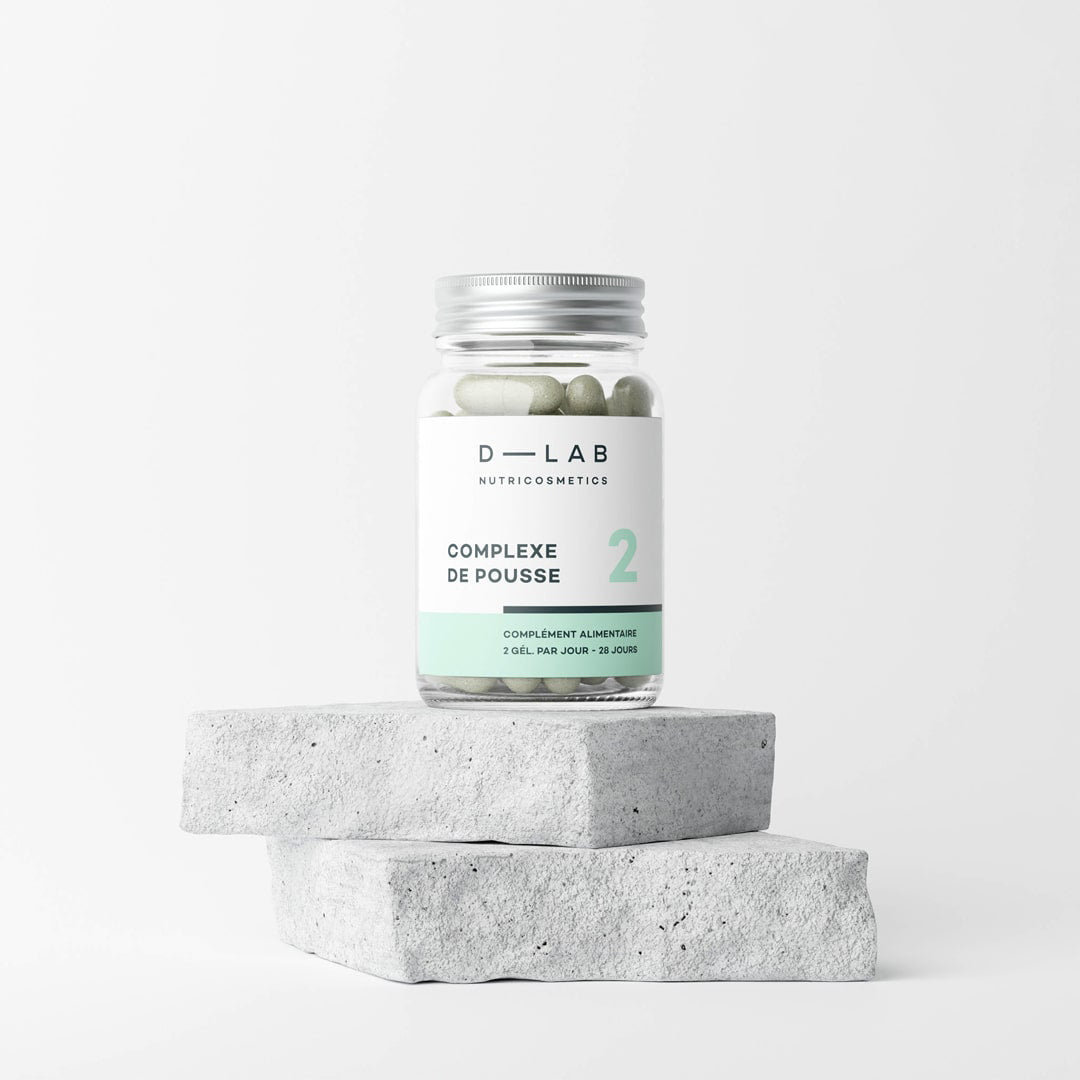
water retention in the face is a beauty and well-being problem that affects a large number of people.
This phenomenon, often overlooked, can nevertheless have a significant impact on the appearance and feel of the skin.
In this article, we will explore what water retention is, its main causes, how to recognize it, and especially, how to avoid and treat it.
We will also discuss the importance of the quality and naturalness of the products used to combat this problem.
Summary
I. Why do I retain water in my face?
Water retention is a phenomenon that occurs when the body cannot properly eliminate the water it contains. This water then accumulates in the tissues, causing swelling of the face. This situation can be the result of different factors, including diet, lifestyle, hormonal variations, alcohol and tobacco consumption.
Definition and mechanisms
Fluid retention, also called edema, is an abnormal accumulation of fluid in body tissues. It can affect different parts of the body, but when it concerns the face, it manifests itself as swelling, particularly visible in the eyes, cheeks and neck. This swelling can feel heavy and tight, and can also alter the appearance of the skin, making it less firm and glowing.
II. The main causes
Dietary factors
Excessive consumption of salt and sugar can promote water retention. Indeed, these two substances have the ability to attract water and retain it in the tissues. A diet rich in processed foods, which often contain large amounts of salt and sugar, can therefore contribute to the appearance of this phenomenon. So, eating a balanced diet can help prevent water retention.
You can discover more in detail the causes of water retention in this article.
Lifestyle and habits
A sedentary lifestyle can also promote water retention. Indeed, the lack of regular physical activity can slow down blood and lymphatic circulation, which can lead to fluid accumulation in the tissues. Likewise, poor hydration, lack of sleep and excessive alcohol consumption can also contribute to this phenomenon.
Variations hormonales
Hormonal variations, particularly those linked to the menstrual cycle, pregnancy or menopause, can also promote water retention. Indeed, certain hormones have the ability to modify the body's water balance, leading to an accumulation of fluid in the tissues.
Alcohol and tobacco consumption
Alcohol and tobacco consumption can also contribute to fluid retention. Alcohol has a diuretic effect, which can disrupt the body's water balance. As for tobacco, it has a vasoconstrictor effect, which can slow down blood and lymphatic circulation, thus promoting the accumulation of fluid in the tissues.
III. Recognizing the Symptoms of Fluid Retention in the Face
Facial swelling
The most obvious sign of water retention in the face is swelling.
The latter can affect different parts of the face, such as the eyes, cheeks and neck, thus giving a rounder and less defined appearance to the face. The skin may seem tight, less firm and lose its radiance.
Additionally, there may be a feeling of heaviness and tension, particularly upon waking. This manifestation can alter the appearance of the skin and affect self-confidence. It is therefore crucial to understand the causes of this phenomenon in order to be able to remedy it effectively.
Other visible signs
Besides swelling, other signs may indicate fluid retention in the face.
Among these, we can mention a feeling of heaviness, less radiant and firmer skin, pronounced dark circles under the eyes, or a tendency to develop cellulite, a sign of poor fluid circulation. The cellulite present in the legs may also indicate water retention in the face, or water retention in the feet and legs.
In addition, variations in the appearance of the skin during the day can also be indicative of this phenomenon.
IV. How to avoid having a puffy face?
Balanced diet
Adopting a balanced diet is one of the keys to avoiding water retention. It is particularly recommended to limit the consumption of salt and sugar, which can promote the accumulation of fluid in the tissues. It is also advisable to increase the consumption of foods rich in potassium, a mineral that helps balance sodium levels in the body and promote the elimination of water.
Adequate hydration
Adequate hydration is also essential to avoid water retention. It is recommended to drink at least 1.5 liters of water per day, and more in case of high heat or intense physical activity. Applying moisturizers to the face can also help keep the skin hydrated and prevent fluid buildup in the tissues.
Regular physical activity
Regular physical activity can help boost blood and lymph circulation, which can help prevent fluid retention. It is recommended to engage in at least 30 minutes of moderate physical activity per day, such as walking, swimming or cycling.
Massage techniques
Massage techniques, like lymphatic drainage, can also help prevent fluid retention. These techniques help stimulate the circulation of fluids in the body and help with their elimination.
V. Is it possible to eliminate water retention?
Water retention in the face can be reduced by various natural and effective methods. Among these, lymphatic drainage stands out as a technique of choice. This gentle and rhythmic massage promotes the elimination of toxins and excess fluid by stimulating lymphatic circulation.
Another approach is to use natural food supplements which contain ingredients like dandelion, parsley or fennel. These plants are known for their diuretic properties, helping to reduce the accumulation of fluids in the tissues.
In addition, moisturizing facial care plays a crucial role. By deeply hydrating the skin, these products improve fluid circulation and prevent water stagnation. It is also advisable to adopt a balanced diet, rich in potassium and fiber, while limiting the consumption of salt and sugar. Adequate hydration and regular physical activity are also essential to support the body's natural drainage and prevent fluid retention.
Lymphatic drainage
Lymphatic drainage is a massage technique that can help remove excess fluid from the tissues. This technique consists of performing gentle and rhythmic pressure movements on the skin, in order to stimulate the circulation of lymph and help eliminate toxins and water accumulated in the tissues.
Natural dietary supplements
Natural dietary supplements can also help combat water retention. These products, which contain natural ingredients such as dandelion, parsley or fennel, can help stimulate the elimination of water and toxins from the body.
Moisturizing face care
Facial moisturizers can also help combat water retention. These products, in addition to hydrating the skin, can also help improve blood and lymphatic circulation, and therefore prevent the accumulation of fluid in the tissues.
Discover the range
Frequently asked questions
How to adapt your diet to reduce water retention?
It is recommended to limit the consumption of salt and sugar, which can promote the accumulation of fluid in the tissues. It is also advisable to increase the consumption of foods rich in potassium, a mineral that helps balance sodium levels in the body and promote the elimination of water.
Which exercises are most effective for stimulating circulation?
Regular exercise can help stimulate blood and lymphatic circulation, and therefore prevent the accumulation of fluid in the tissues. Among the most effective exercises, we can cite walking, swimming, cycling, but also yoga or pilates exercises.
What food supplements should you choose to combat this phenomenon?
It is recommended to choose natural food supplements, which contain ingredients known for their diuretic action, such as dandelion, parsley or fennel.
What massage techniques are recommended?
Massage techniques, like lymphatic drainage, can help combat fluid retention. These techniques help stimulate the circulation of fluids in the body and help with their elimination.
How to reduce facial swelling?
To reduce facial swelling, it is recommended to adopt a balanced diet, practice regular physical activity, ensure good hydration, practice massage techniques such as lymphatic drainage, and use natural food supplements.
How can dehydration contribute to this facial problem?
Dehydration can promote water retention because it causes the body to retain the water it contains to compensate for the lack. It is therefore important to hydrate yourself sufficiently to prevent this phenomenon.
How do you know if you have excess water on your face?
The most obvious sign of fluid retention in the face is swelling, particularly visible around the eyes, cheeks and neck. Other signs may include a feeling of heaviness, less radiant skin, dark circles under the eyes, or even a tendency to dimpling.
What is the link between hormonal variations and this phenomenon?
Hormonal variations, particularly those linked to the menstrual cycle, pregnancy or menopause, can promote water retention. Indeed, certain hormones can modify the body's water balance, leading to an accumulation of fluid in the tissues.
What are the dietary factors that promote this phenomenon on the face?
Excessive consumption of salt and sugar can promote water retention. Indeed, these two substances have the ability to attract water and retain it in the tissues.



























